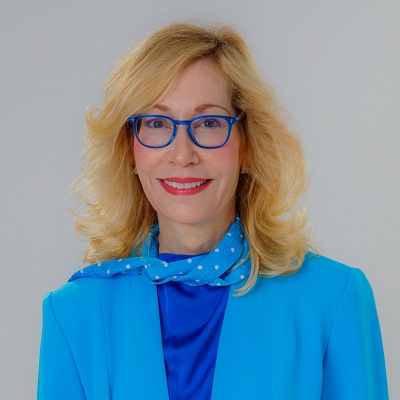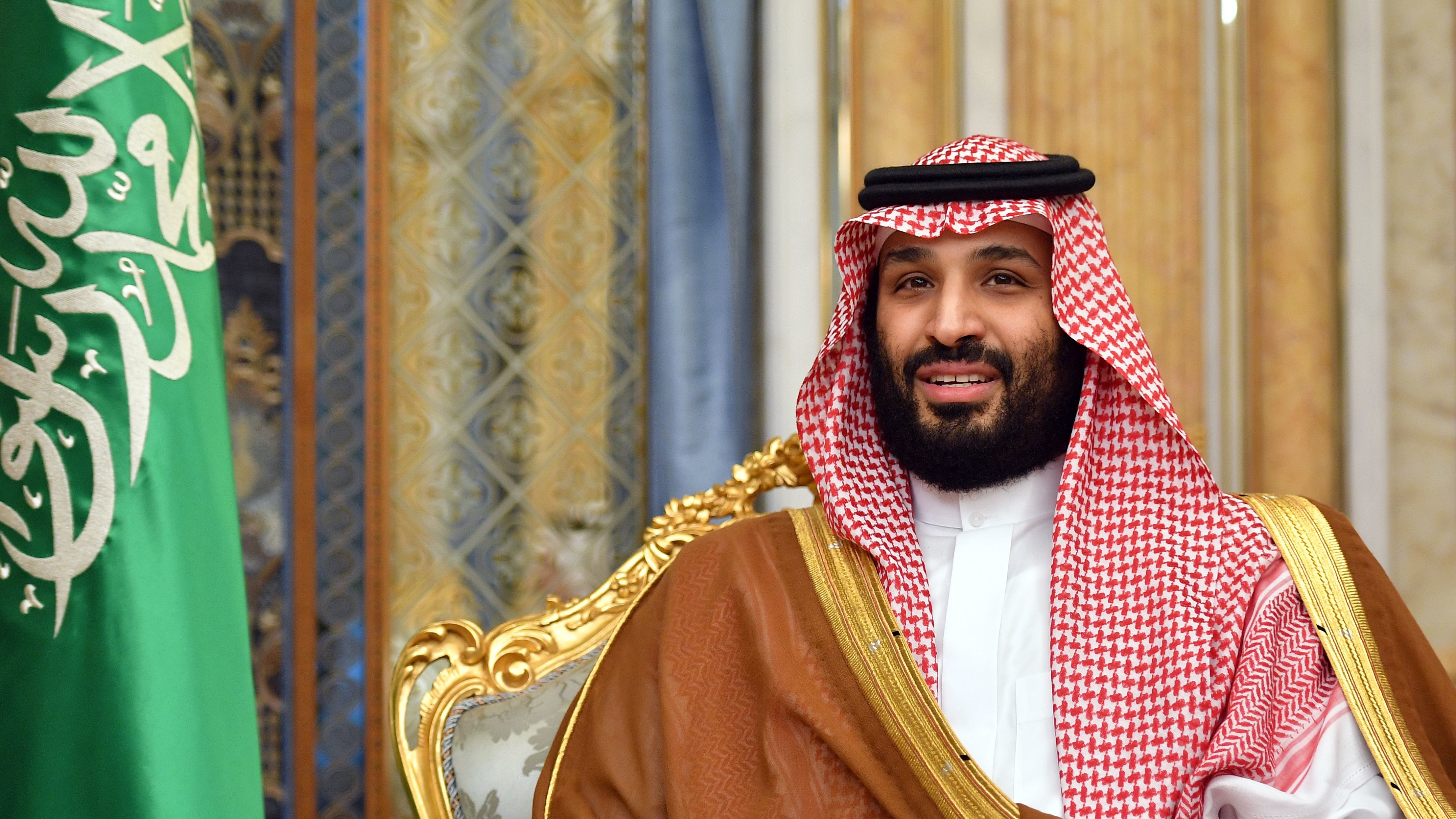Setting the Saudi Stage for Normalization
Rapprochement in the Gulf is not an overnight phenomenon
“It was about rediscovering the humanity in each other.”
New York-based Arab News correspondent Ephrem Kossaify was explaining the motivation behind the dramatic series on minorities in the Saudi newspaper and portal. Applying his experience in Lebanon to the equation, Kossaify explained: “Jews were always part of our society but we didn’t know them.”
At issue is the front-page article about kosher food in the Saudi English-language outlet, a section dedicated to minorities in the Middle East for which the inclusion of Jews and Jewish interest was inconceivable a few short years ago.
At issue is the front-page article about kosher food in the Saudi English-language outlet, a section dedicated to minorities in the Middle East for which the inclusion of Jews and Jewish interest was inconceivable a few short years ago
The shift toward recognizing Jews – let alone Israelis – speaks loudly to the geopolitical changes in the Middle East as well as internal shifts within the individual nations.
“My mother told me about the Jewish tailor and tradesmen in Lebanon who were considered to be so honest and correct,” he explained.
Kossaify felt it was important to delve into the historical background of minority communities.
“The Jews in Lebanon, unlike in Iraq or Egypt, did not feel hatred. They lived a beautiful life in Beirut for many years.”
Saudi Arabia’s embrace of the West and recent public recognition of Jews in the Middle East did not begin overnight. There have been many contacts between Saudi and American officials and businesses opening people-to-people channels that include interfacing with Jews in the region and beyond.
This delicate path is a road in the making notwithstanding the rapid pace at which events are unfolding. The success of Washington-based America Abroad Media in supporting local voices in the Middle East and the opening of Western ideas is an example of such formative relationships.
Yet amid the mass of speculation over which Gulf state will be next to sign an agreement with Israel, few suggest it will be the Kingdom of Saudi Arabia.
King Salman and his heir-apparent, Crown Prince Mohammed bin Salman bin Abdulaziz Al Saud – known as “MbS” – have been preparing the country for Vision 2030, a master plan for Saudi Arabia’s post-oil economy where East meets West and East meets East.
The Arabic-language Al-Jazirah in Saudi Arabia has just published an opinion piece by Muhammad al-Sheikh which is supportive of the peace agreement between Israel and the United Arab Emirates, opining that the pact is “only serving our interests.”
Al-Sheikh, too, unambiguously asserts that Israel is no longer the Gulf’s enemy while Iran and Turkey present the greatest danger to the region. He goes on to say that the Gulf states need to diversify beyond oil and that Israel is a great collaborative partner that will help modernize their countries.
The positive changes now emerging in Saudi Arabia have been taking shape gradually over a number of years as the kingdom carefully navigates tribal and ancient societal roadblocks.
That women are gaining more individual rights is seen in the appointment of Her Royal Highness Princess Reema bint Bandar bin Sultan bin Abdulaziz Al Saud as the first woman to serve as the Saudi ambassador to the United States and in women preparing to compete in the Ladies European Tour Golf tournament – where contestants will be wearing short-sleeved shirts and quarter-length cut-away trousers.
Saudi Arabia recently announced a mandatory inclusion of teaching English from first grade up, which will, over time, provide its business community with a game changer as it transitions from the kingdom’s reliance on oil to new economic initiatives.
Normalization requires many steps, and recognizing not only the trial balloons but also the tangible public changes is vital to the kingdom’s re-branding.
Normalization requires many steps, and recognizing not only the trial balloons but also the tangible public changes is vital to the kingdom’s re-branding
It will not come overnight and it will not come without mistakes. But nods and winks toward the Jewish state provide reason to believe the stage is being set for tectonic change.
Felice Friedson is president and CEO of The Media Line news agency and founder of the Press and Policy Student Program, the Mideast Press Club and Women’s Empowerment Program. She can be reached at felice@themedialine.org.


